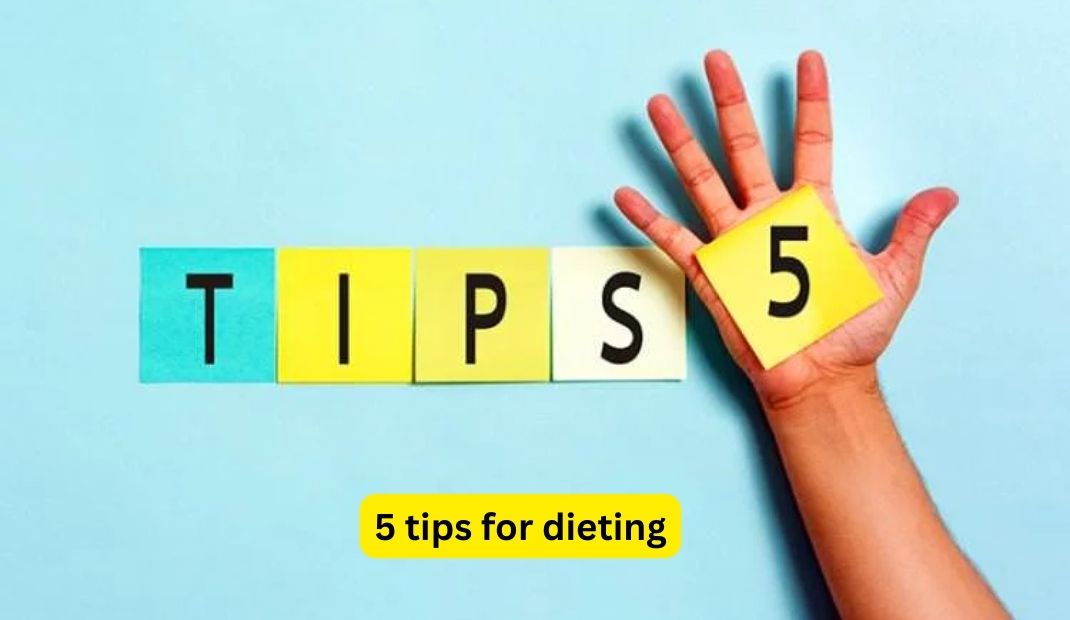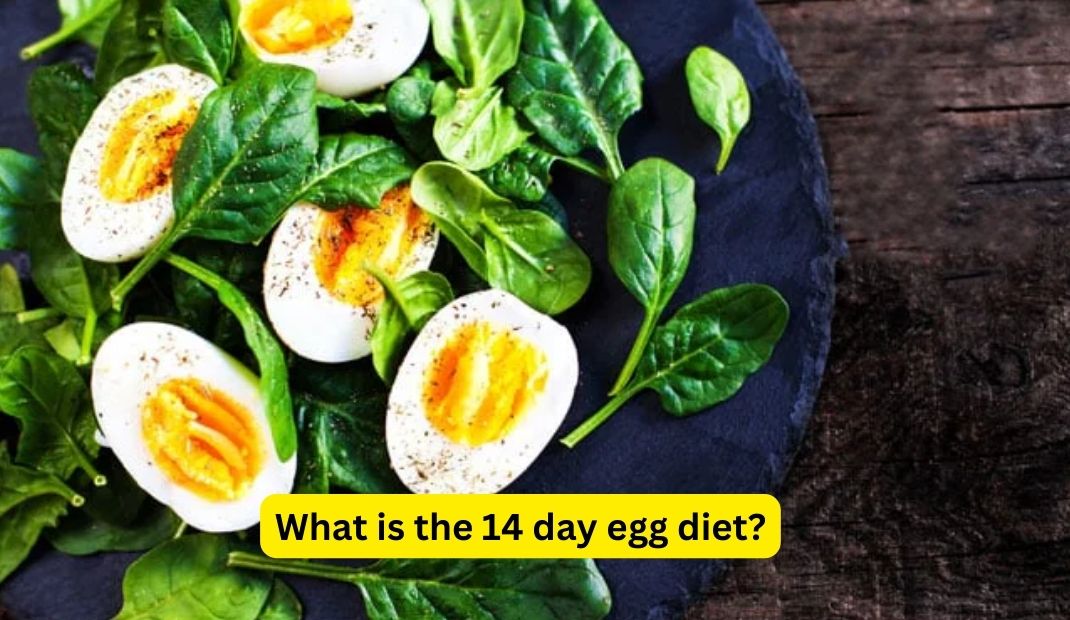How to lose 10kg in 2 weeks?

How to lose 10kg in 2 weeks?
Introduction:
Setting realistic weight loss goals.
Setting realistic weight loss goals is essential for long-term success. While it may be tempting to aim for a drastic 10kg weight loss in just two weeks, it’s important to understand the potential risks and limitations. Weight loss should ideally occur at a healthy and sustainable pace, with experts recommending 0.5-1kg per week as a safe target. By setting unrealistic goals, individuals may not only put their physical health at risk but also experience emotional setbacks if they fail to meet such ambitious targets.
Instead of fixating on rapid weight loss, focusing on gradual and steady progress can lead to more sustainable results. Consider setting realistic goals such as incorporating more nutritious foods into your diet or increasing your physical activity level gradually. Understanding that any progress towards a healthier lifestyle is meaningful can help shift the focus away from numbers on the scale and towards overall well-being. By setting achievable targets, individuals are more likely to stay motivated and committed to their weight loss journey in the long run.
Understanding the basics: Calories in vs. calories out.
Understanding the concept of calories in versus calories out is crucial when aiming to lose weight. While many believe that simply cutting back on food intake is the key, it’s essential to also consider the energy expenditure aspect. This means consuming fewer calories than your body utilizes, ultimately creating a calorie deficit, which is necessary for weight loss. It’s not just about restricting your diet; incorporating physical activity can help increase energy expenditure and create a more significant calorie deficit.
Moreover, not all calories are created equal. The type of food you consume plays a vital role in achieving a healthy balance between calories in and calories out. Opting for nutrient-dense, whole foods can keep you satiated while providing essential vitamins and minerals that support overall health and well-being. On the other hand, processed foods high in sugars and unhealthy fats may lead to overconsumption without providing necessary nutrients, making it challenging to maintain a proper calorie balance.
Creating a sustainable meal plan: Balanced, nutritious, and portion-controlled meals.
Achieving weight loss goals requires more than just cutting out certain foods. It necessitates a balanced, nutritious, and portion-controlled approach to meals. Rather than seeing food as the enemy, view it as a source of nourishment that can support your journey to shedding excess weight. Choose colorful fruits and vegetables to enjoy a variety of nutrients, lean proteins for muscle health, and whole grains for sustained energy.
Portion control is essential when aiming to lose 10kg in 2 weeks. Opt for smaller plates to trick your brain into feeling satisfied with less food. Additionally, aim to incorporate healthy fats from sources like avocados and nuts into your meals, as they can promote satiety and help avoid overeating. By focusing on balanced, nutritious, and portion-controlled meals rather than quick-fix diets or deprivation techniques, sustainable weight loss becomes achievable while ensuring optimal health and well-being.
Incorporating exercise: Effective workouts for quick results.
When it comes to losing 10kg in 2 weeks, effective workouts are essential for achieving quick results. High-intensity interval training (HIIT) is an efficient and proven method that involves short bursts of intense exercise followed by brief periods of rest. This type of workout maximizes calorie burn during and after the session, leading to faster weight loss.
In addition to HIIT, incorporating strength training exercises into your workout routine can also help you achieve quick results. Building lean muscle mass not only boosts metabolism but also enhances overall body composition, which is crucial for sustainable weight loss. Exercises such as squats, lunges, and push-ups engage multiple muscle groups simultaneously, maximizing calorie expenditure and accelerating fat loss.
Furthermore, engaging in full-body circuit workouts that target different muscle groups in rapid succession can further increase the effectiveness of your training regimen. By keeping the body constantly moving and elevating heart rate throughout the workout session, you can optimize calorie burn and witness significant results within a short period. Keep challenging yourself with diverse workouts to minimize plateaus and keep your body adapting for continuous progress towards your weight loss goals.
Hydration and sleep: Importance of water intake and rest.
It cannot be overstated how crucial proper hydration is in achieving weight loss goals. Water not only keeps you feeling full and satisfied, reducing the temptation to snack unnecessarily, but also helps maintain proper bodily functions, including metabolism and digestion. In fact, studies show that drinking water before meals can lead to a reduction in calorie intake, aiding weight loss efforts. Additionally, staying hydrated supports your exercise routine by regulating body temperature and lubricating joints.
Equally important to water intake is the necessity of rest for effective weight loss. Quality sleep not only allows the body to recover from daily stressors and physical exertion but also plays a key role in metabolism regulation. Research has revealed that insufficient sleep disrupts hormone levels related to appetite control, leading to overeating and weight gain. Prioritizing sufficient rest can enhance energy levels during workouts while optimizing overall well-being, positively impacting your journey towards shedding those elusive 10kg.
Managing stress: Reducing cortisol levels for better weight loss.
Are you tired of the endless cycle of fad diets and empty promises when it comes to shedding those stubborn extra kilos? If so, you’re not alone. The quest for quick and drastic weight loss solutions has left many feeling frustrated and defeated. But what if there’s a different approach that doesn’t involve deprivation or extreme measures?
Instead of succumbing to the allure of rapid weight loss schemes, consider shifting your focus towards sustainable lifestyle changes. Embracing a balanced and holistic approach to nutrition and exercise can lead to long-term success without the rollercoaster ride of yo-yo dieting. It’s time to break free from the cycle of quick fixes and prioritize your overall health and well-being. Through mindful eating, regular physical activity, and a positive mindset, achieving your weight loss goals can become a reality without compromising your health or sanity.
Conclusion: Healthy habits for long-term success.
Developing healthy habits is vital for long-term success in achieving and maintaining weight loss. One key habit to cultivate is mindful eating – being present and aware of your body’s hunger cues, choosing nutritious foods, and eating slowly. This practice can foster a healthier relationship with food and prevent overeating. Regular physical activity is another critical habit that not only aids in weight loss but also contributes to overall well-being. Incorporating enjoyable activities like dancing, hiking, or cycling not only burns calories but also improves mood and reduces stress.
In addition to nutrition and exercise, ensuring adequate sleep is a fundamental healthy habit often overlooked in weight loss efforts. Sleep deprivation can interfere with metabolism and increase cravings for high-calorie foods. Prioritizing consistent quality sleep can support weight management by regulating hormones that influence appetite and energy expenditure. By embracing these healthy habits as part of a lifestyle change rather than short-term measures, individuals are more likely to sustain their progress in the long run.




